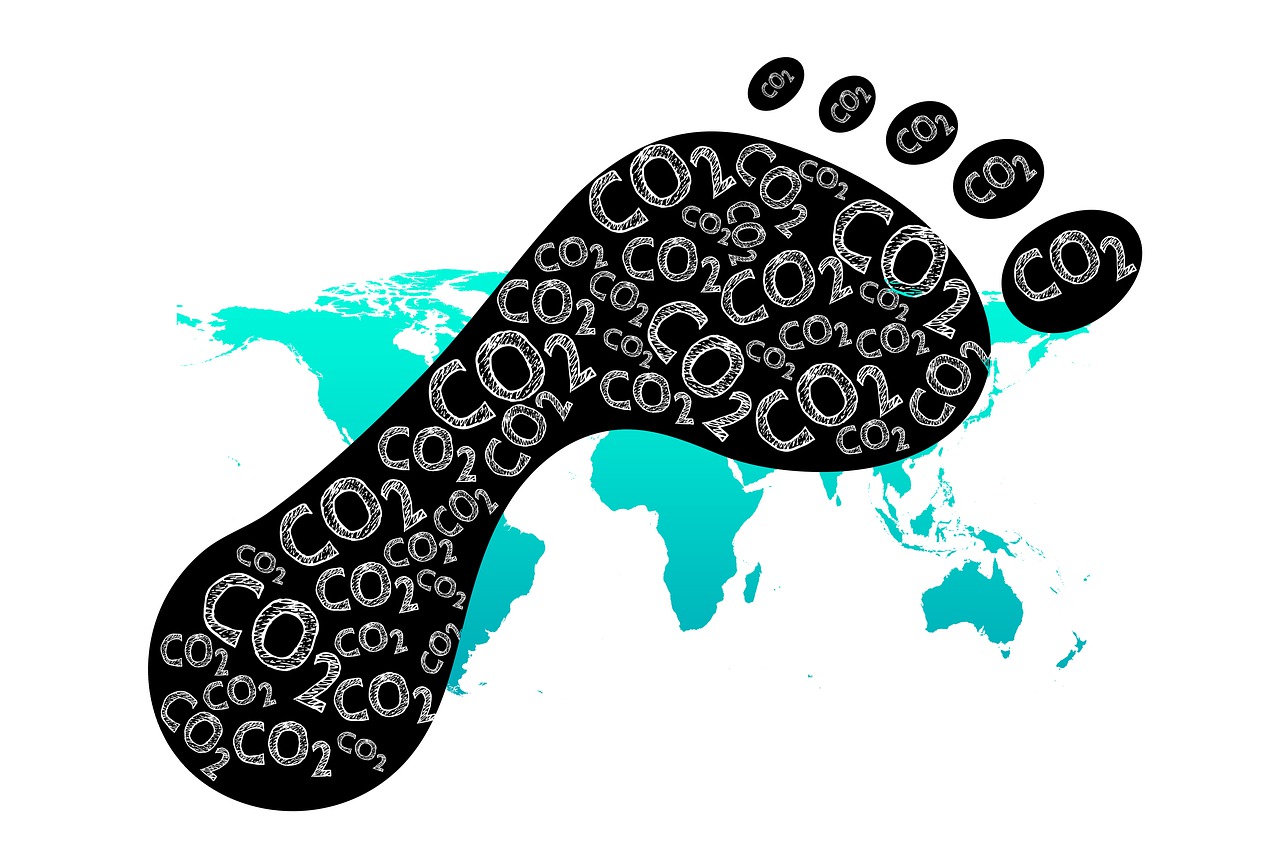Energy in the home
About 26% of all carbon emissions come from home energy. Below are some ways of making sure the energy used for essential things – like lighting and heating – goes to good use.
Energy efficiency is a big point. This is because it is good for both your wallet and the planet. From insulating your roof to checking your boiling, there are some ways of reducing energy waste. There are many home improvements homeowners can make in order to save energy and be even more efficient. The government is offering more programs to encourage these, and it is a good idea to check out whether you qualify for some of them.
Getting a green energy supplier and using renewable energy for your home. There are many suppliers out there offering home energy plans that come with 100% renewable electricity as a standard.
Switching off and unplugging. You should make sure you have turned off the appliances, lights, and chargers when they are not being used. You can sit back knowing you are saving energy.
You should also consider a smart meter because it will help in monitoring energy use- you will find spots where you can use less.
Energy bulbs consume a lot of energy, which is why you need to swap the normal bulbs for energy-saving ones. This is going to make a lot of difference.
The internet is also causing emissions, which is something many people don’t know. Scrolling this page is creating emissions.
Your car is a source of pollution. Consider recycling your car when you upgrade to a new one, take a look at car.co.uk.
Home heating
When building a new home or upgrading your heating system, you will have many options in front of you. There are greener options to choose from, and they can be very good in saving you money and energy in the long run.
If your storage heaters are old, then it is time to upgrade them. The older models usually release heat even when not needed, which makes them very inefficient. You should choose a storage heater that is going to meet your needs without wasting energy.
Look for renewable-based heating systems – like air source heat pumps. They will end up keeping your home warm while being greener compared to the other options.
If you are looking to get renewable heating tech, then keep in mind that there might be programs to help you out. Research and find out whether you qualify for some of the programs. They are usually offered by the government to encourage green energy.
Assessing your appliances
One of the biggest carbon culprits at home is tumble dryers. The good news is you can save yourself a lot of money by choosing air-drying instead. This method is also kinder to clothes, and they are going to last longer. When you switch to air drying from tumble drying, you can expect to save 90kg of carbon per year.
The latest models are better because they are efficient and can do well with 30℃. They don’t have to reach 60℃- which is going to need five times more energy. Less heat is good for your fabrics because high temperatures usually cause the fibers to break down faster.
If you become efficient with appliances you use on a daily basis, you are going to use less energy, and this means lower bills at the end of the month. The fridge could be costing you a lot. Do the paper test on the fridge. Put a paper between the fridge and the door, then shut it. If it cannot hold the piece of paper when shut, then it is a sign that the seal is broken. This means it isn’t working efficiently – and it is going to use more energy to keep cold.
Does your cooking appliance go off the boil? Make sure you check the fan and the door seal to make sure they are in good shape – this will ensure the oven isn’t working hard to keep your food warm. Fan ovens can be used at lower temperatures compared to other types of ovens.
You can leave slow cookers for hours, but they usually use less energy when heating dinner compared to the energy needed to heat using an oven or stovetop. They don’t require high temperatures and consume the same energy as a 60-watt light bulb. There is less washing up because everything is in one pot.



 Bitcoin
Bitcoin  Ethereum
Ethereum  Tether
Tether  XRP
XRP  USDC
USDC  Solana
Solana  TRON
TRON  Cardano
Cardano  Lido Staked Ether
Lido Staked Ether  Avalanche
Avalanche  Toncoin
Toncoin